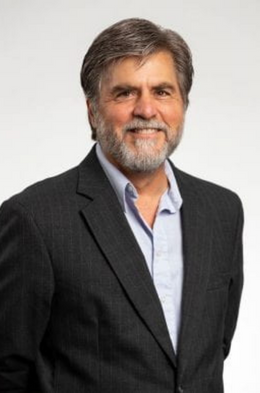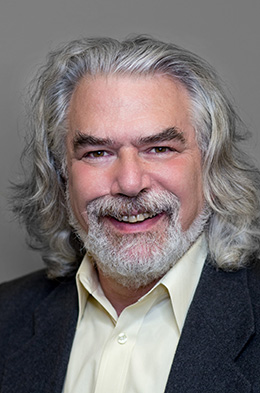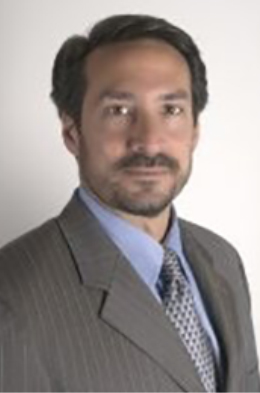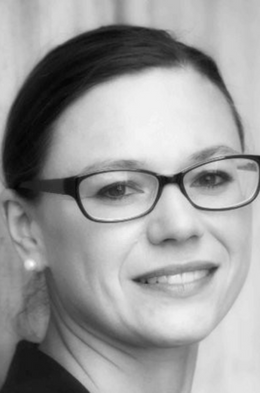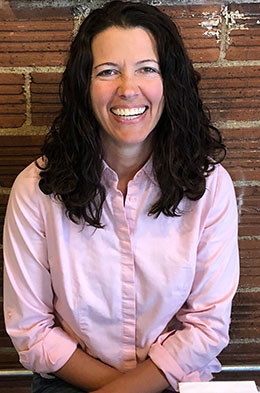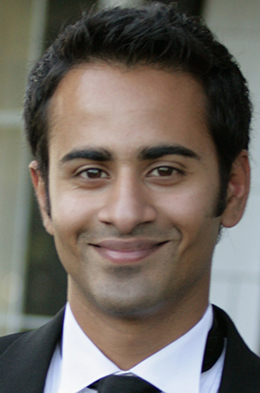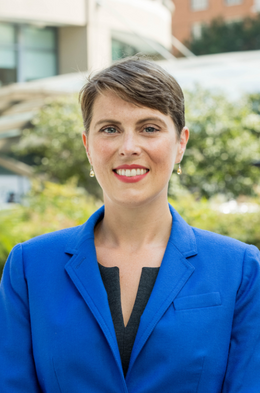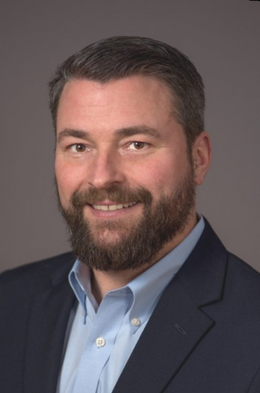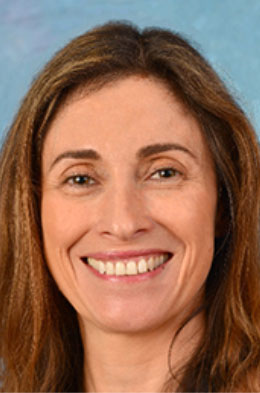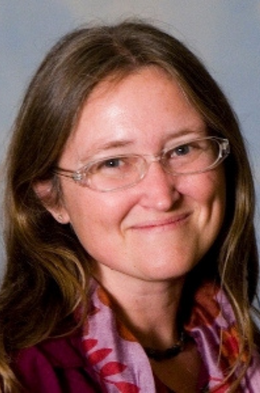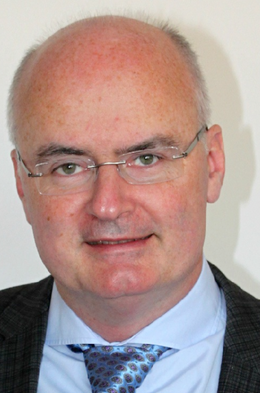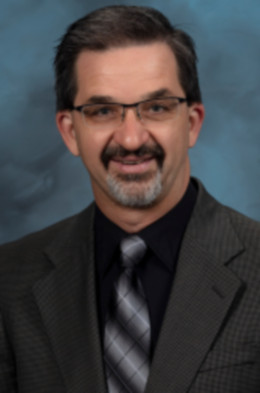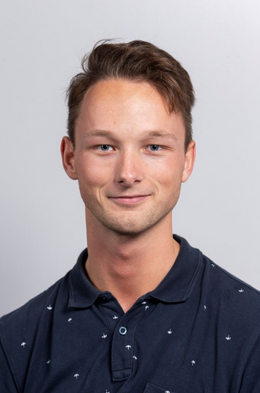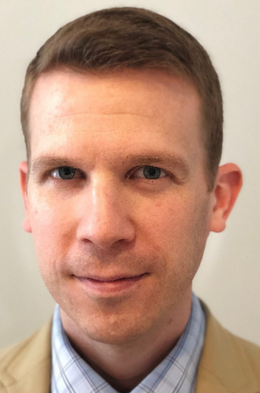Prof. Dr. Arun K. Bhunia is a Professor of Food Microbiologyat the Department of Food Science and is affiliated with theDepartment of Comparative Pathobiology at the PurdueInstitute of Inflammation, Immunology, and InfectiousDisease (PI4D), and the Purdue University Life Scienceprogram (PULSe). He is Chair of the Interdepartmental FoodScience Graduate Program. His expertise covers microbialpathogenesis (host–pathogen interaction), probioticbioengineering, and foodborne pathogen detection. To date,he has co-authored more than 190 peer-reviewed researchpublications, two textbooks (Fundamental Food Microbiologyand Foodborne Microbial Pathogens—Mechanisms andPathogenesis), he has edited four books, and delivered over148 lectures. He teaches graduate-level courses on foodbornepathogens and the mechanisms of pathogenesis, microbialfoodborne pathogen detection techniques, and intestinalmicrobiology and immunology. He served on the USDANational Advisory Committee on Microbiological Criteria forFoods (NACMCF; 2013–2017) and has received the PurdueAgriculture Research Award (2003), Purdue Faculty Scholar(2005), Purdue Team Award (2006), IFT R&D Award (2009),Outstanding Graduate Educator Award at Purdue (2013),High-End Foreign Experts Recruitment Program (China)fellowship (2014–2016), Fulbright Specialist (2016–2021), andMaurice Weber Laboratorian Award from IAFP (2017).




